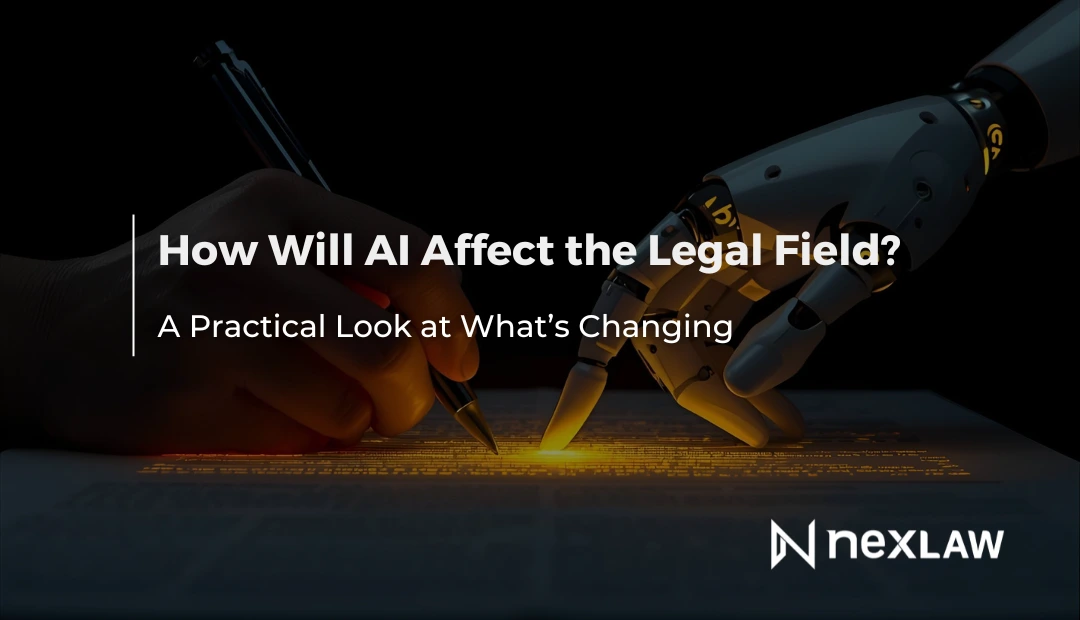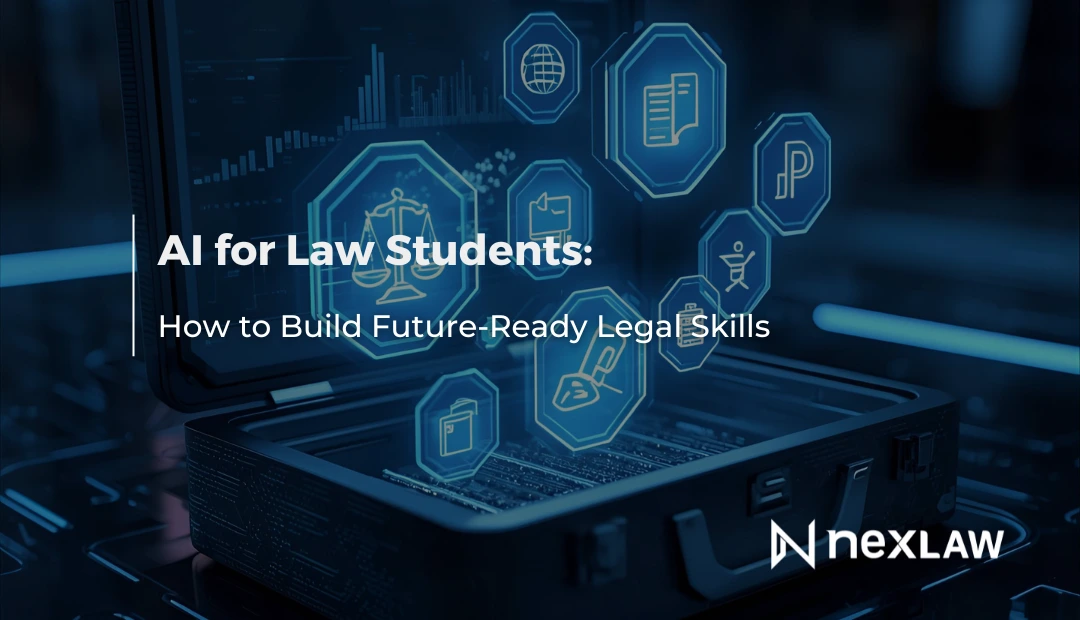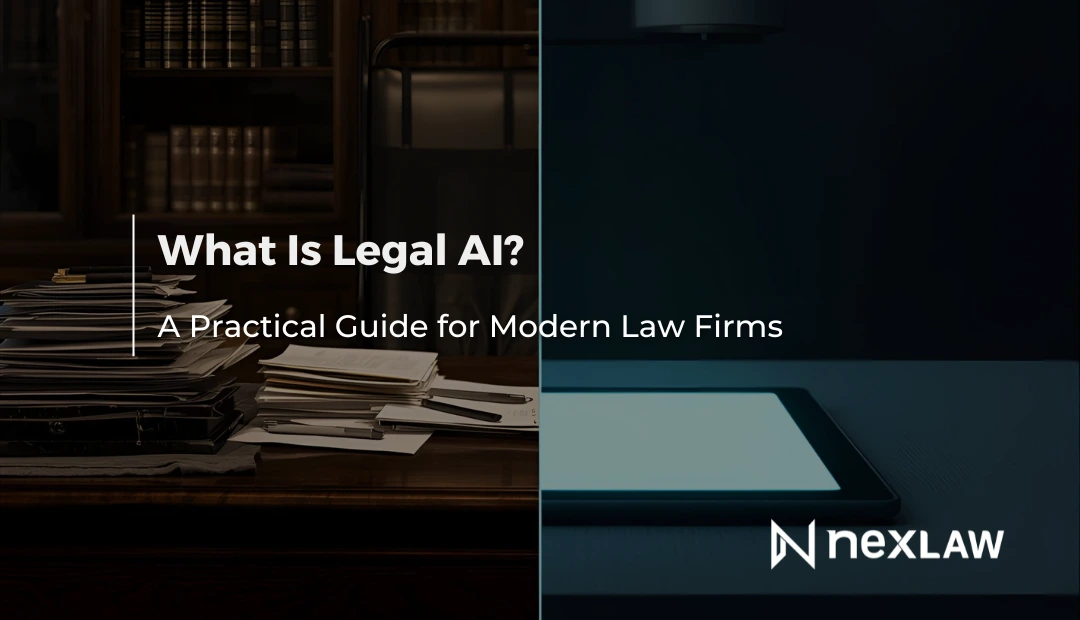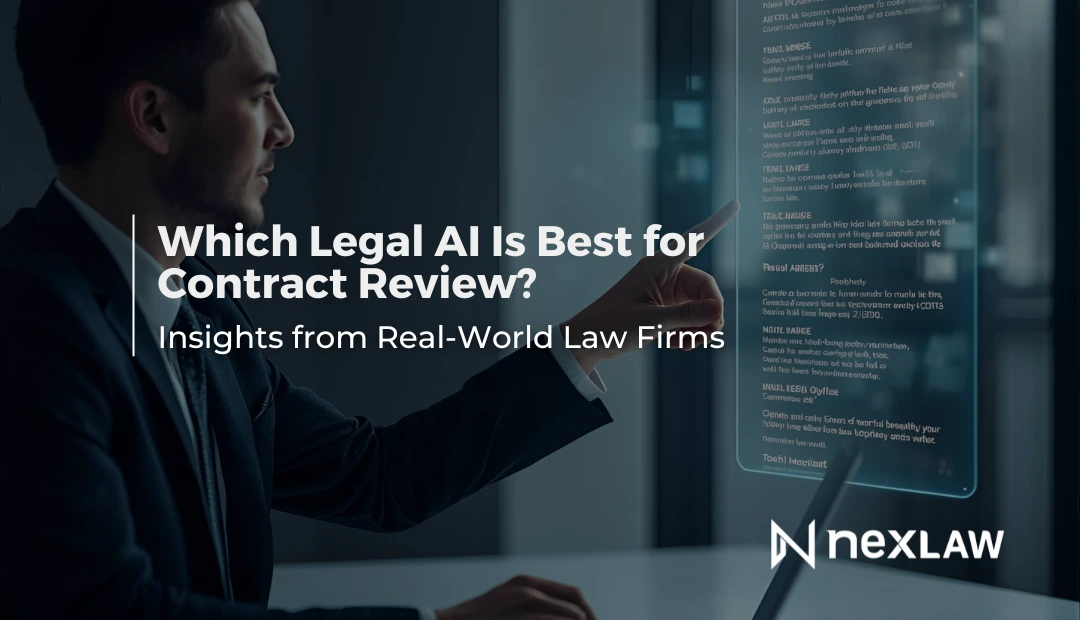How Will AI Affect the Legal Field? A Practical Look at What’s Changing
Unlock Legal Insights Instantly!
The Legal Industry Is Entering Its Transformation Phase
For over a century, the legal profession has thrived on consistency, precedent, and precision. But as artificial intelligence advances, a quiet transformation is underway. AI is not replacing lawyers—it’s redefining how they work.
A 2025 Legal Innovation Survey found that 72 percent of firms using AI in some capacity reported higher productivity, while 58 percent said it improved client satisfaction. Yet most firms still hesitate, fearing compliance risks or loss of control.
The real question isn’t whether AI will affect law. It’s how—and how quickly firms can adapt without compromising ethics or quality.
The First Wave: Efficiency and Automation
The early impact of AI in law came from automating repetitive work. Tools for document review, discovery management, and legal research helped teams handle larger caseloads with fewer resources.
But efficiency is only the beginning. As platforms evolve, lawyers are finding ways to turn automation into strategic insight—identifying patterns in cases, predicting outcomes, and preparing better for court.
That next phase is what NexLaw’s Agentic AI represents: a full litigation partner rather than a task assistant.
How Agentic AI Redefines Legal Workflows
Modern legal AI is not just reactive; it’s proactive. It anticipates what lawyers need, streamlines evidence handling, and ensures every output remains compliant.
Here’s how each component works:
- NeXa: Accelerates legal research with verified sources, highlights questionable citations, and summarizes rulings.
- ChronoVault 2.0: Builds case chronologies automatically from uploaded documents and tracks every edit.
- TrialPrep: Creates motion drafts, exhibit lists, and trial outlines under attorney supervision.
- Courtroom Assistant: Captures live arguments, logs hearing time, and helps lawyers maintain citation accuracy during proceedings.
This integrated workflow means AI doesn’t just help prepare—it supports lawyers through the entire litigation lifecycle.
From Research to Ruling: A Complete AI Workflow
Imagine a commercial dispute with thousands of discovery documents. Traditionally, a team of paralegals and associates would spend weeks summarizing, indexing, and cross-referencing evidence.
With Agentic AI:
- All files upload into ChronoVault 2.0, automatically categorized by relevance and timeline.
- NeXa identifies key caselaw, links it to exhibits, and highlights inconsistencies.
- TrialPrep organizes arguments and motion drafts.
- The Courtroom Assistant records proceedings, ensuring every citation aligns with the evidence.
The lawyer stays focused on strategy—not sorting or formatting.
Real-World Results: Time, Accuracy, and ROI
Firms that have adopted AI-based workflows report clear benefits:
| Metric | Before AI | With Agentic AI |
|---|---|---|
| Research Time per Motion | 6 hours | 1.5 hours |
| Discovery Review Duration | 3 weeks | 5 days |
| Drafting Accuracy | 84% | 97% (source-verified) |
| Hearing Prep Time | 2 days | 6 hours |
| Client Satisfaction Score | 7.8/10 | 9.2/10 |
The gain is not just in efficiency but confidence—lawyers know their filings are supported by verified, traceable information.
The Human Element: Ethics and Oversight
The integration of AI into law also raises questions about accountability. Who is responsible when AI makes an error?
The ABA Model Rules 1.1 and 5.3 make it clear: lawyers must supervise technology just as they supervise staff.
That’s why NexLaw’s system was built for human validation first:
- Every NeXa citation can be reviewed before use.
- TrialPrep requires attorney approval before submission.
- ChronoVault 2.0 preserves a full record of what the AI touched.
- Courtroom Assistant timestamps every live input for transparency.
This approach turns ethical compliance from an obstacle into a competitive advantage.
Litigation Strategy in the Age of AI
Beyond speed, AI is influencing how lawyers think about litigation. By identifying correlations between fact patterns, outcomes, and rulings, tools like Agentic AI help litigators choose stronger arguments and anticipate weaknesses.
For instance, a firm handling multiple personal injury cases can use NeXa to analyze previous verdicts under similar statutes, identifying what evidence patterns led to favorable outcomes. TrialPrep then structures those findings into a motion outline.
AI doesn’t predict victory—but it equips lawyers to pursue it with far greater precision.
What Law Students and Junior Lawyers Should Know
AI is also changing how legal education works. Many law schools are now teaching students how to use AI for memo drafting, case analysis, and oral argument prep. Those who learn AI-assisted workflows early will enter the profession with a strong advantage.
In a 2025 survey by the National Association for Law Placement, 82 percent of firms said AI literacy is now a preferred skill when hiring associates.
This means AI isn’t a passing trend—it’s becoming part of professional competency.
What’s Next: From Automation to Agency
The next evolution in AI will move from automation to agency—systems that understand legal goals and can assist proactively.
Agentic AI already demonstrates this with:
- Document upload and event extraction.
- Missing evidence flagging.
- Exhibit fairness review.
- Case outcome prediction.
And with the upcoming Courtroom Assistant, AI will become a true litigation partner—present from discovery through judgment.
The Legal Field Isn’t Losing Its Humanity—It’s Regaining Its Time
NexLaw gives lawyers the tools to stay ahead of change, not chase it. By combining automation with accountability, Agentic AI supports every stage of the legal process—from first draft to final argument.
Start exploring today:
- Begin your 3-day free trial—no credit card required.
- Get full access with the 7-day trial.
- Or book a demo call to see how AI can fit your firm’s next phase.








